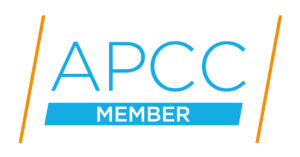Release Date: 19th December 2013
To access the original FCA document, click here.
Summary
The Financial Conduct Authority (FCA) has imposed a significant fine of £1.8 million on JLT Specialty Limited (JLTSL), an insurance broking and risk management service provider. This penalty comes as a result of JLTSL’s failure to implement effective controls to mitigate the risks of bribery and corruption associated with payments to overseas third parties, known as overseas introducers. These introducers were instrumental in helping JLTSL secure and retain international insurance business.
The issue, which persisted from 19th February 2009 to 9th May 2012, involved JLTSL neglecting to perform adequate due diligence and risk assessment on these introducers. During this period, JLTSL earned almost £20.7 million in gross commission from business acquired through these introducers and paid them over £11.7 million, which posed a significant risk of being used for corrupt purposes, including potential bribes to insured clients’ connections or public officials.
Tracey McDermott, the FCA’s director of enforcement and financial crime, emphasised the unacceptability of these failings, especially given that JLTSL had previously been warned by the FCA to enhance their risk management practices. The enforcement action stresses that firms must proactively manage their business risks, particularly those involving potential bribery and corruption from overseas payments.
Furthermore, at the FCA’s behest, JLTSL had to vary its permissions until the FCA was reassured that JLTSL had improved its mechanisms to control such risks effectively. The severity of the fine reflects not only the nature of the failings but also JLTSL’s inadequate response to prior warnings from the FCA. However, due to JLTSL agreeing to settle at an early stage of the investigation, the firm received a 30% reduction from the original penalty of £2,684,013.
This case serves as a critical reminder for other firms in the industry about the importance of robust compliance systems to prevent bribery and corruption. Companies are urged to heed this example by ensuring that their internal controls are both effective and actively enforced to manage and mitigate potential risks associated with their business operations, particularly those involving financial transactions with overseas entities.












